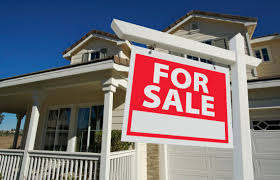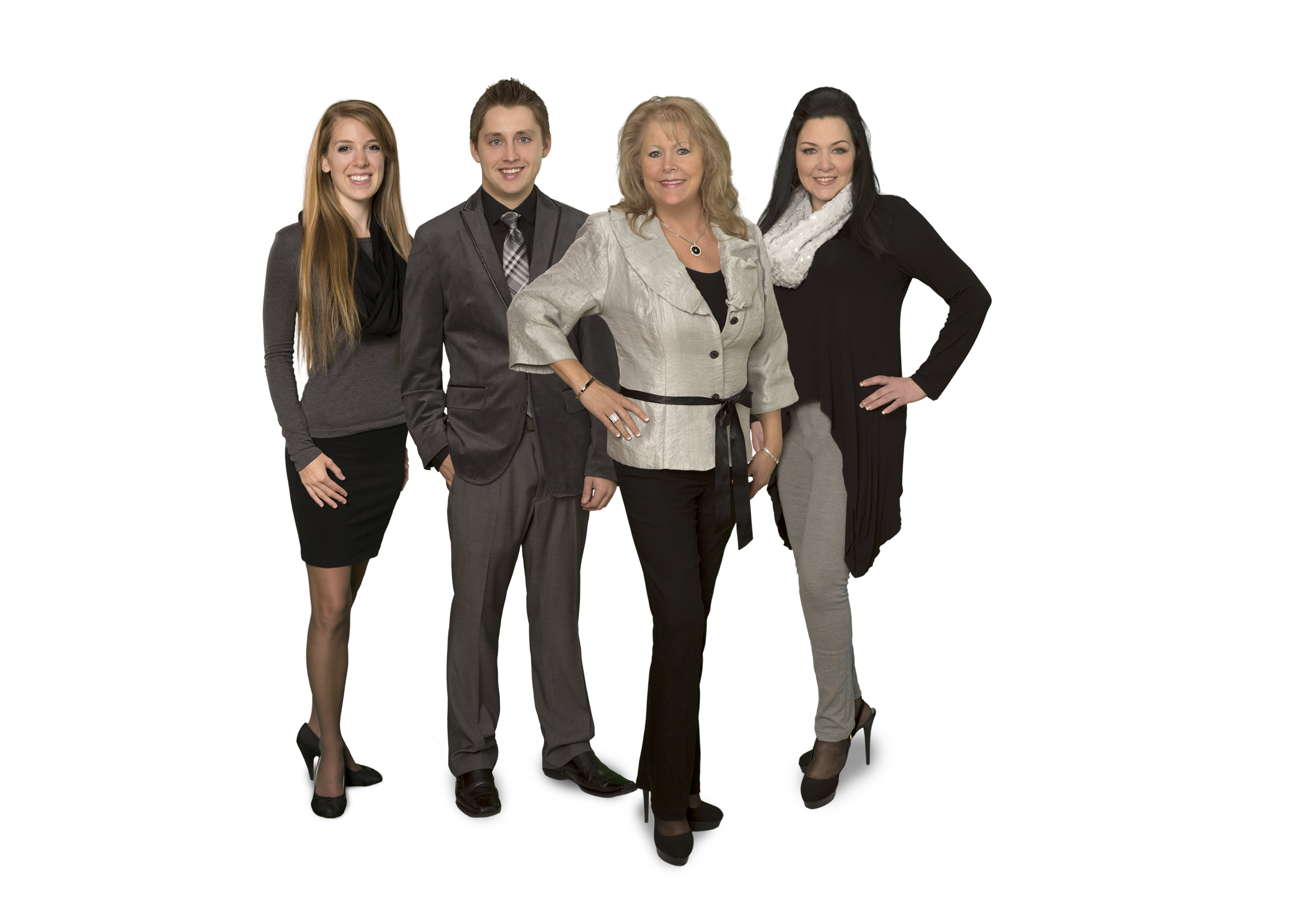Dawn (253) 307-6438
Brandon (253) 732-0778
Don’t forget about these costs/tips when buying a home

Buying a home can be stressful to say the least. Here are some tips and some costs that you may not be aware of. There are so many questions that you will ask yourself. Are you picking the right home? Are you choosing the right neighborhood? Will you get along with the neighbors? Will you be able to afford your house payment? Well with the right real estate agent and lender they should be able to put your mind at ease with most all of your questions.
The very first thing you will want to do is talk with a quality lender of your choice. If you don’t have one, typically your real estate agent has worked with many and can give you some good referrals. It’s important to talk to your lender first for several reasons, but most importantly is so that you know how much of a home you can qualify for. One of the most disappointing things that can happen to a buyer is to find that perfect home you love and then find out that you don’t qualify for it, so talking to a lender first will remove this aspect. The other thing a lender will always tell you is that once you are pre-approved for a loan, DO NOT do anything with your credit like buying a new car or opening or closing any of your credit accounts without first talking with the lender. Anything like this will affect your approval process. The other important aspect of meeting with a lender before you go out and start looking for a home is that the lender will give you a pre-approval letter. In this competitive market that we are in, if you want your offer to be taken seriously you will want this approval letter up front to accompany your offer for the home.
Buyer’s sometimes forget about these additional expenses or sometimes don’t even know that they should be expecting them in the first place so here are a few items that will help you plan for your big purchase and hopefully set your mind at ease before any of these happen on your house hunt.
Earnest Money:
First things first. Yay! You found the house of your dreams and your offer gets accepted by the seller! WOOHOO!! On the first page of your contract there is a line for Earnest Money Deposit. What the heck is an earnest money deposit, you might be asking yourself. An earnest money deposit is basically a good faith deposit that you put down to show the seller that you really are interested in purchasing their home. The earnest money is either held by the real estate brokerage or by the escrow company. You will receive a CREDIT for your earnest money deposit on your closing paperwork. There is no set amount of earnest money but it usually is around $1000-$1500 and up to 1% of the purchase price. On financed transactions this money has to be traced back to your bank account so always make sure to talk to your lender before submitting your earnest money check.
Home Inspections:
It is your choice to decide if you want to have a home inspection done on your new home. There is NO requirement that says you HAVE to get a home inspection done. With that being said the $400-600 that the inspector charges is well worth every penny. We ALWAYS recommend a home inspection because a home inspector gets into all the nooks and crannies of the home that you can’t see (or probably don’t even want to try to!). Home inspectors aren’t fortune tellers and they can’t see into the future but they can give you a pretty good idea if something isn’t working properly, if there are leaks (or has leaked at some point) and point out if something might be coming to the end of its recommended life span. All of these details will help you decide whether to keep pursuing your purchase of the home, cancel your transaction or simply know what to budget for in the near future. Home inspection reports can look scary and most of the time are around 30 (or more) pages long. That doesn’t mean the home is in shambles it means that the home inspector is doing his job and letting you know of every squeak, missing screw and yes, even some major items, like roofs needing to be replaced, furnaces at the end of their life spans, etc. Go over the home inspection with your realtor and you will decide, together, what projects to tackle, or ask the seller to complete if it is something major.
Closing Costs:
Your real estate agent might be able to negotiate into your contract that the seller will pay all or at least some of your closing costs for you. Just in case the seller chooses not to, it is a good idea to have about 3% – 5% of the home’s purchase price saved up to cover any closing costs that you may need to cover yourself. Closing costs are costs that are associated with the loan and closing of your home. Closing costs can include but are not limited to; Title and escrow fees, recording fees, notary fees, home owners insurance premiums, loan fees, doc prep fees and things of that nature. This money will also have to come from a sourced bank account so make sure to always talk to your lender about where this money is coming from.
Mortgage Reserves:
Some mortgage lenders require you to have mortgage reserves in your bank account prior to closing on your loan. Some mortgage lenders don’t require mortgage reserves at all, and sometimes it depends on the type of mortgage that you will be obtaining. Mortgage reserves are basically back up mortgage payments. If your lender requires mortgage reserves it is usually equal to 2-3 months of what your mortgage payment will be. Again, this money will need to be from a sourced bank account so make sure to talk to your loan officer about any mortgage reserve requirements that your lender may have.
Moving Expenses:
Now I am not just talking about bribing your family and friends with beer and pizza. I am talking about paying a moving company to come and move your things for you, hiring a U-Haul, renting a storage unit and paying for packing supplies. What about new furniture and/or decorations? You might need blinds or window coverings. These are all things that are somewhat inexpensive but if you are hit with this all at once, it can take a bit of a toll on your wallet.
Maintenance Costs:
Maintenance costs, preventative or emergency, are something that you will want to start planning for. Hopefully, you won’t have too many of these that are unexpected at the beginning. Many finance guru’s say that you should save around 1% a year of your home’s value to prepare for maintenance expenses. If your home is worth $300,000 then you would want to save $3,000 annually for maintenance and/or upgrades.
If you have any questions about how you should be saving for your new home purchase or ANY questions at all regarding your real estate needs, please contact The Heilbrun Team, 253-307-6438 or dawnh@johnlscott.com
Yours to count on!
The Heilbrun Home Team
Dawn, Brandon, Michelle and Megan


Sorry, comments are closed for this post.